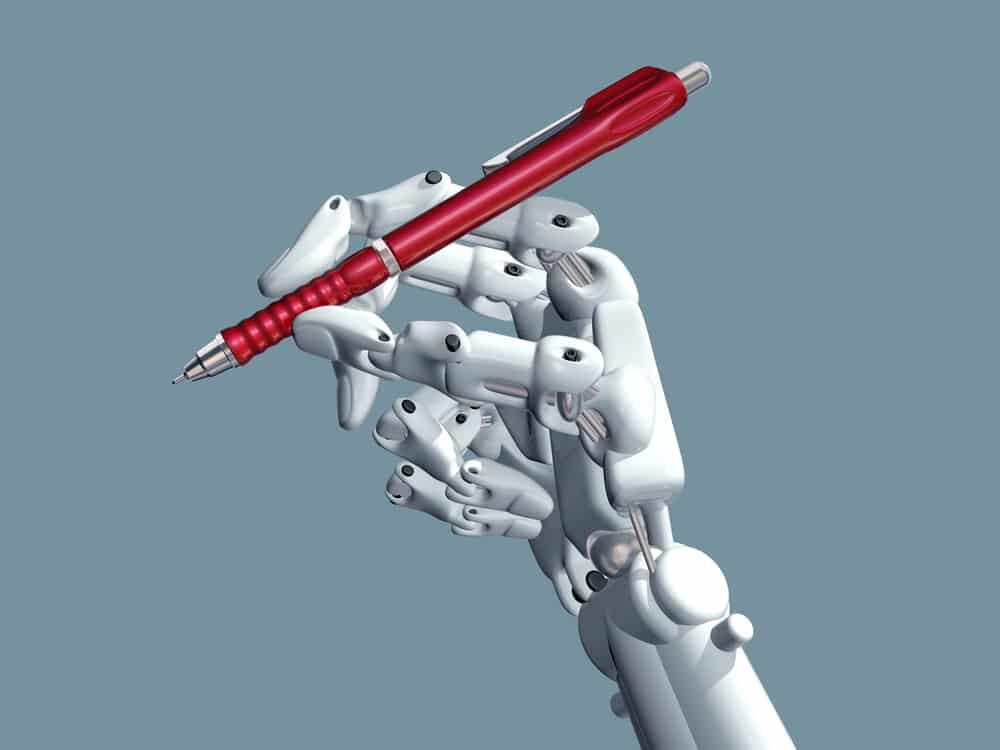The world’s first “robot lawyer” has gone from helping people dispute their parking tickets, to assisting lawyers with over a hundred different areas of consumer rights. With technology rapidly evolving, artificial intelligence (AI) has become a valuable tool for law firms to increase efficiency through automation.
“Law firms have traditionally been slow to adapt to new technology, with many fearing that it will replace key roles within the legal profession. In reality, automation can be used to help lawyers save time and resources,” says Dries Cronje, founder of Deep Learning Café, a South African AI consulting company.
Legal tech presents new opportunities for smaller law firms; from reviewing documents, contracts and case research, to improved team collaboration through shared workspaces and collections, it will allow them to take on a larger scope of work. With this in mind, Deep Learning Café has launched Doc-Insight, an AI tool built to help lawyers make sense of the huge amounts of data associated with the legal profession.
Using Natural Language Processing, Doc-Insight can sort through large volumes of data to find specific search phrases.
“Unlike a simple keyword search, our system finds phrases with similar semantic meaning, making it easy to find relevant information in a given context,” states Cronje. “Our main aim is to improve the efficiency of document analysis for legal use using machines to review documents and flag them as relevant to a particular case.”
Apart from its semantic search feature, the AI-powered product can extract key information relevant to specific cases as well as compile notes into collections for easy reference.
“Using cloud technology, we’re able to help clients process an overwhelming number of documents and extract the information they need,” says Cronje.
From legal research and case preparation, to predicting legal outcomes, Doc-Insight can integrate into the existing business solutions of a firm and customised to suit specific needs.
“Being AI powered, Doc-Insight can be trained to scan through thousands of court documents and historical case files, searching for precedence and applicable laws in a matter of minutes. This process would usually take around two weeks without a digital solution,” says Cronje.
Indeed, businesses across South Africa are actively piloting AI within their organisations, experimenting with a range of different technologies, such as chatbots, virtual assistants and image recognition.
Specialising in building custom AI solutions for businesses, Deep Learning Café partners with clients and leverages technology to optimise time, resources and to increase profits.
Designing products for clients across the retail, travel, and law sectors, they use machine learning to process documentation, handle insurance claims, perform legal case research and predict customer buying patterns.
